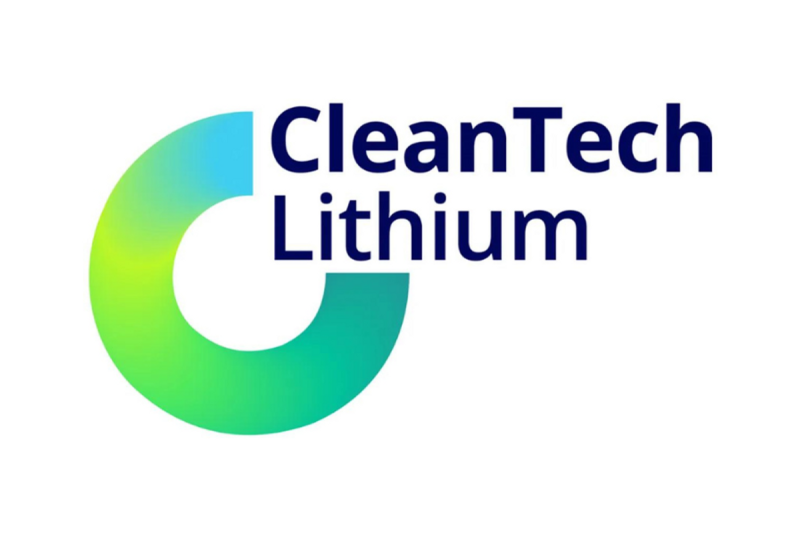In a recent turn of events at a key mining seminar in Santiago, Chile, an Indigenous community leader publicly endorsed the Laguna Verde project, sparking a significant debate within environmental and indigenous rights circles. The project, which aims to establish a new mining operation in the region, has been met with both enthusiasm and criticism from various stakeholders.
The endorsement from the Indigenous community leader carries significant weight, as it reflects the complex dynamics surrounding resource extraction projects in areas inhabited by Indigenous peoples. Historically, such projects have often led to conflicts over land rights, environmental degradation, and cultural preservation. The decision to openly support the Laguna Verde project signals a nuanced approach to these issues and highlights the importance of engaging with Indigenous communities in project planning and execution.
The endorsement is also likely to have implications for the broader debate around sustainable development and economic empowerment in indigenous communities. By publicly supporting the project, the Indigenous leader is signaling a willingness to explore new opportunities for economic growth and community development. This stance challenges the traditional narrative that pits environmental conservation against economic progress and suggests a more inclusive and collaborative approach to resource management.
However, the endorsement has not been without its critics. Environmental activists and some members of the Indigenous community have raised concerns about the potential impacts of the Laguna Verde project on the local ecosystem and traditional way of life. Questions have been raised about the adequacy of environmental safeguards and the long-term sustainability of the project, with some calling for a more cautious approach to resource extraction in the region.
The conflicting perspectives on the Laguna Verde project underscore the need for transparent and inclusive decision-making processes in the extractive industry. Engaging all stakeholders, including Indigenous communities, environmental groups, government agencies, and industry representatives, is crucial to ensuring that resource development projects are implemented in a socially and environmentally responsible manner.
As the debate around the Laguna Verde project continues to unfold, it offers an opportunity to rethink the conventional approaches to resource management and community engagement. By striving for a balance between economic development, environmental protection, and respect for indigenous rights, stakeholders can work towards creating a more sustainable future for all involved. The endorsement from the Indigenous community leader serves as a reminder of the complexities and potential synergies that can emerge when different perspectives are brought together in pursuit of common goals.

